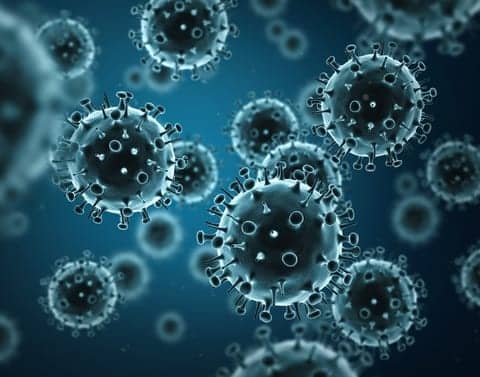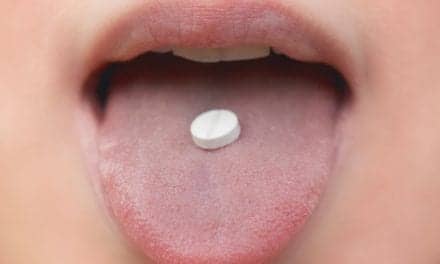Researchers have found that a peptide, called STAT6-IP, when delivered to the lungs of neonatal mice at the time of first RSV exposure reduces the development of allergic-type lung inflammation and airway hyperresponsiveness (‘twitchy’ airways) in mice when they are ‘re-challenged’ with RSV as young adults.
The research report was published in the Journal of Leukocyte Biology and, according to scientists, it shows that it may one-day be possible to reduce the incidence of asthma related to infection with RSV.
To make their discovery, scientists infected mice with RSV, first as infants and then again as young adults. Mice were treated with STAT6-IP (or a control peptide) sprayed into the nose only at the time of the neonatal RSV infection. Following adult RSV re-infection, airway inflammation, hyperresponsiveness and structural changes were measured.
The early-life STAT6-IP treatment did not prevent the mice from mounting an immune response to RSV and clearing the infection. However, this treatment significantly reduced all of the asthma-like responses. Based on these findings, researchers investigated how STAT6-IP treatment changed the neonatal mouse response to RSV. They found that STAT6-IP prevented RSV-induced changes to airway cells called alveolar macrophages, which can promote asthma-like responses both during and following viral infections.










